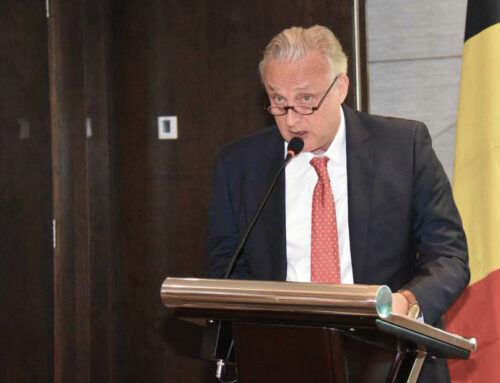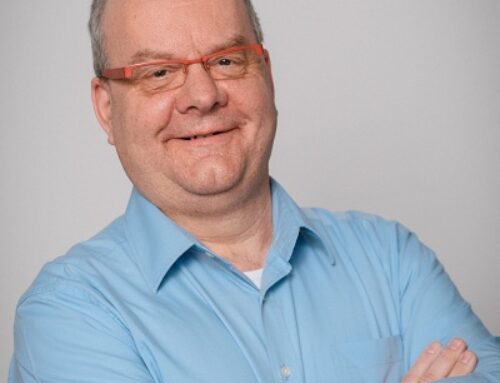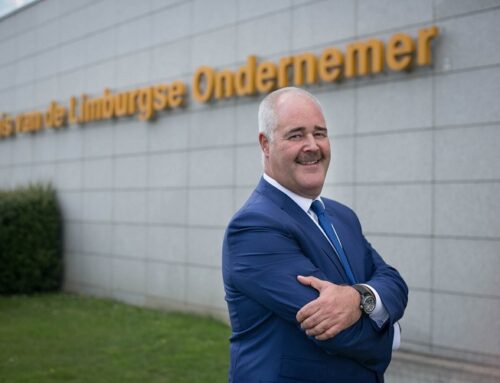Cecile Jodogne is Secretary of State of the Brussels Capital Region, in charge of foreign trade, fire control and emergency medical care. She is also the Minister of health for the Commission of the French Community (COCOF). She discusses new trends in foreign investment in Belgium and in Brussels.
European Times: What is Belgium doing to attract FDI?
Cecile Jodogne: Belgium is a very open economy which draws significant investment. The Belgian government is working very hard to increase the flow of FDI, and we provide assistance to help investors get their projects off the ground. Fiscal advantages for investors include a deduction for interest paid on capital, reduced costs for patents, and, for new companies in Brussels, a three-month “welcome package” that includes free office space and various kinds of support. This year, 37 new companies have been established in Brussels. France and the US are the biggest sources of FDI, but we have also attracted significant investment from other countries, including Spain. A new trend in FDI is property investment, and we welcome public-private partnerships for construction projects.
European Times: What makes Brussels unique as an investment location?
Cecile Jodogne: Brussels has a strategic location in the centre of Europe as well as advanced infrastructure, including a major port. In addition, around 80% of Europe’s buying power is found within 800 km of Brussels. The city is the home of around 1,500 international organisations and is the world’s leading centre for diplomatic representation. Brussels is a multilingual, multicultural city which is very welcoming to visitors and new residents. It is a major cultural hub with thriving creative industries, successful SMEs and high quality of life, and it is one of the most affordable capitals in Europe.
European Times: What are some trends in the city’s services sector?
Cecile Jodogne: Around 47% of Brussels’ exports over the past 15 years have been in services. This is a much higher percentage than in other parts of Belgium. In fact, 30% of Belgium’s services exports are from Brussels. Nevertheless, with services making up for 90% of Brussels economy,we think there is still room for improvement in the exportation of services.
European Times: What are your strategies for the future?
Cecile Jodogne: Brussels wants to attract investment from companies which produce high-quality products and services. We will continue to improve quality of life in the city by creating new services, such as a planned new metro line, a media pole, new tourism facilities, development of new neighbourhoods and more. Brussels is not only an international capital for diplomacy and business; it is also a city where residents live well.






